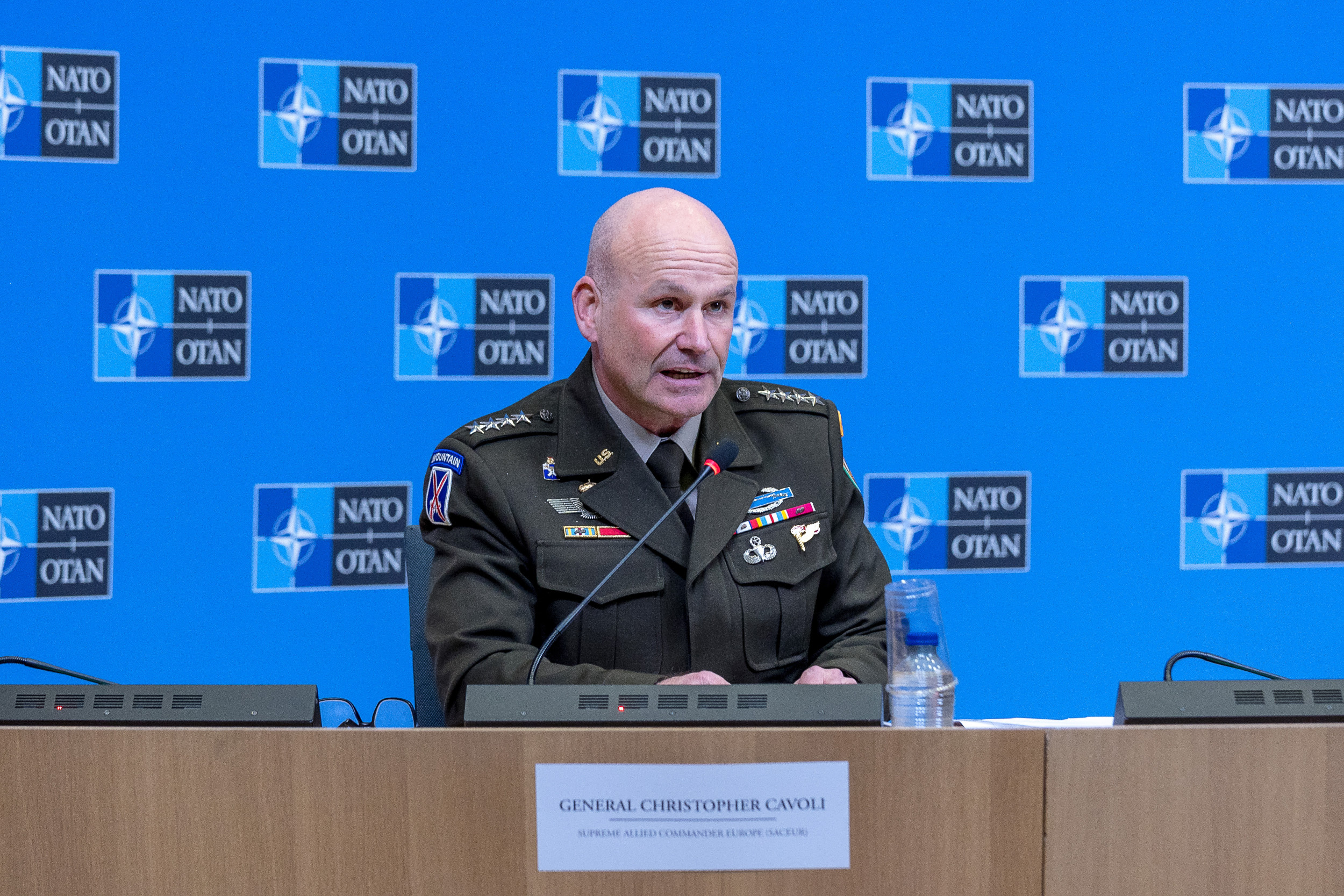Russia is currently struggling to develop a unified strategy in response to its territorial losses in Kursk, particularly after a surprising incursion from Ukraine. This lag in response has drawn criticism from military analysts and prominent European officials alike.
At a recent Council on Foreign Relations event, General Christopher Cavoli, the Supreme Allied Commander Europe, noted, “Russia is still trying to formulate its reaction to Ukraine’s invasion. Thus far, the response has been slow and disjointed.”

Omar Havana/Getty Images
Cavoli praised Ukraine for achieving an “operational and tactical surprise” in Kursk, attributing Russia’s delayed reaction to unclear command authority. He pointed out that while the Ministry of Defense leads military operations in Ukraine, it lacks authority for operations within Russia itself.
As political analyst Nixey remarked, this situation is much larger than initially perceived. Similar to last June’s attempted coup by Yevgeny Prigozhin, it undermines Russia’s leadership, at least temporarily. Moreover, any cross-border action from a nation that Russia dismisses as non-existent is seen as a significant affront.
The Institute for the Study of War (ISW) has been monitoring Ukraine’s raid since August 6 and reports that Russia has yet to clarify who will take charge of countering these incursions.
According to their latest evaluation, “The Kremlin and military leadership are constructing a convoluted and ineffective command structure to handle the response in Kursk Oblast.”
On Thursday, Russian Defense Minister Andrei Belousov announced a newly established “coordination council” aimed at improving military support in the Belgorod, Bryansk, and Kursk regions. He indicated that this would enhance efforts to secure the state border and safeguard local populations.

Gavriil Grigorov/Sputnik, Kremlin Pool Photo via AP
However, the ISW pointed out the uncertainty surrounding the coordination of this new council with existing operations, especially the Federal Security Service’s counter-terrorism initiative launched on August 9.
The ISW warned that the overlapping roles of the MoD’s coordination council and the FSB’s counterterrorism efforts could lead to confusion and possible conflicts of responsibility within the Russian defense framework in Kursk Oblast. This disorganized strategy illustrates Russia’s failure to prepare for any significant incursions into its territory.
